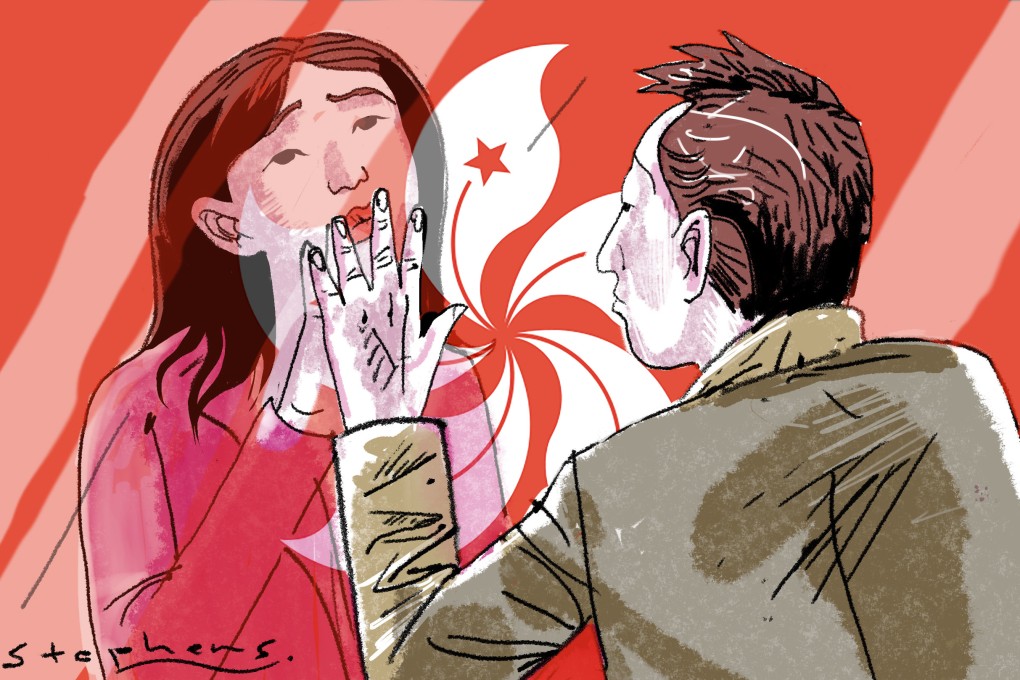Advertisement
Opinion | Hong Kong’s denial of dependent visas to mainland spouses sends wrong signal on Greater Bay Area integration
- The exclusion of mainland spouses of Hong Kong permanent residents from the standard dependent visa system means they must rely on the arcane and problematic one-way permit
- This seems very out of place, given Hong Kong’s ambitions to be a modern city. However, the solution is simple: expand dependent visa eligibility
Reading Time:3 minutes
Why you can trust SCMP
12

When the pandemic is finally behind us, Hong Kong will return, with its regional neighbours, to the Greater Bay Area project. It used to be a hot topic of discussion among academics and policymakers before Hong Kong was effectively shut out by pandemic border controls. However, there is little doubt that the Greater Bay Area remains a key part of Hong Kong’s long-term development.
Advertisement
As a project of regional economic integration, its success will ultimately be determined by the free exchange of goods, services, capital and people. Here, I want to focus on people.
Hong Kong has long benefited from imported talent. Before the pandemic, there were more than 55,000 visas issued annually for skilled workers (more than 14,000 to mainland Chinese alone), alongside dependent visas for spouses and minors.
Hong Kong student visas and other less-common visas can also come with dependent visas. The logic seems clear – if we want people to settle here, it is crucial that they can bring their families with them. Practically every immigration system in the world recognises this.
However, certain classes of people are categorically prohibited from sponsoring dependent visas. It is well known that foreign domestic helpers, for example, are not allowed to bring in dependents. But what is not so widely known is that the mainland spouses of Hong Kong permanent residents cannot acquire dependent visas.
This detail is contained in the Immigration Department’s visa guide section describing people for whom the dependent visa “does not apply”, which also includes “nationals of Afghanistan and Korea (Democratic People’s Republic of)”.

Advertisement

